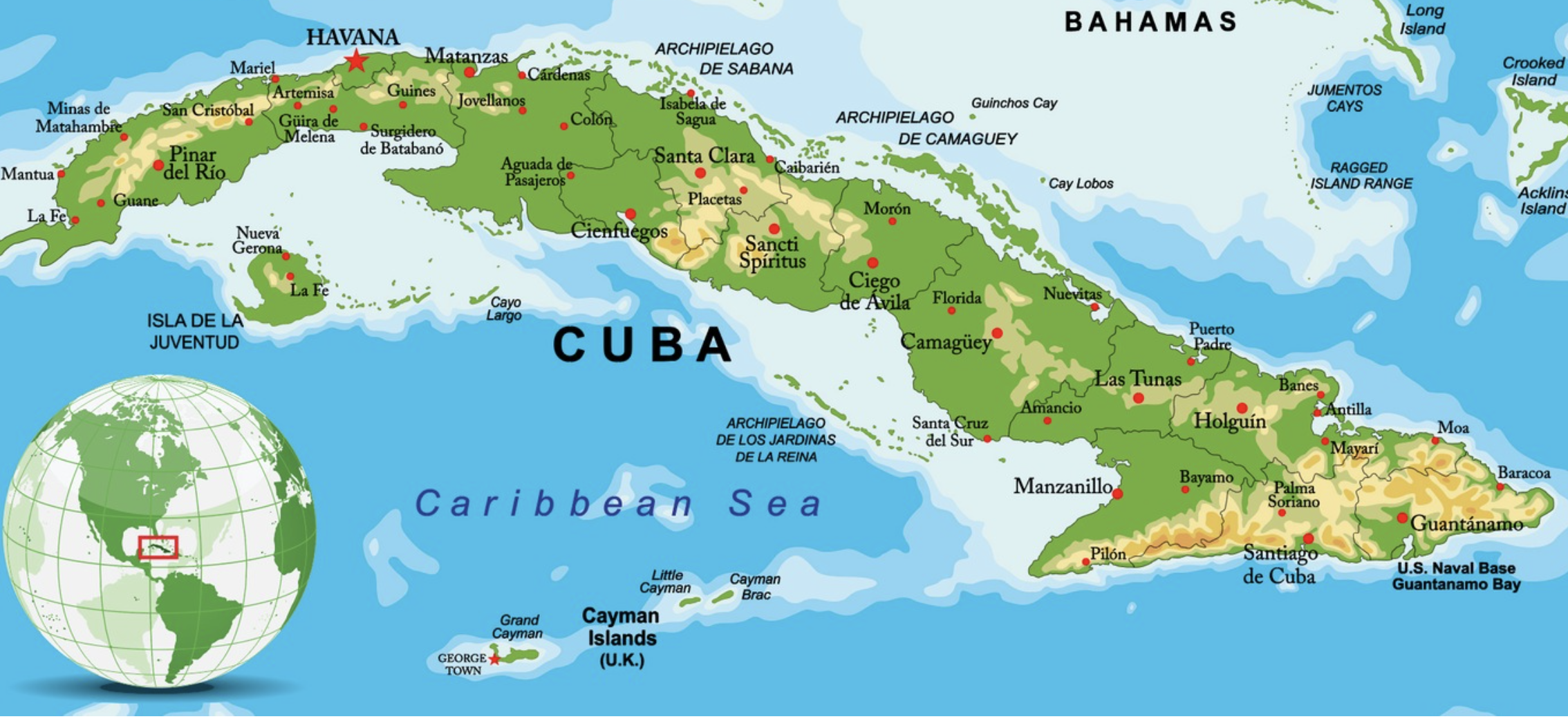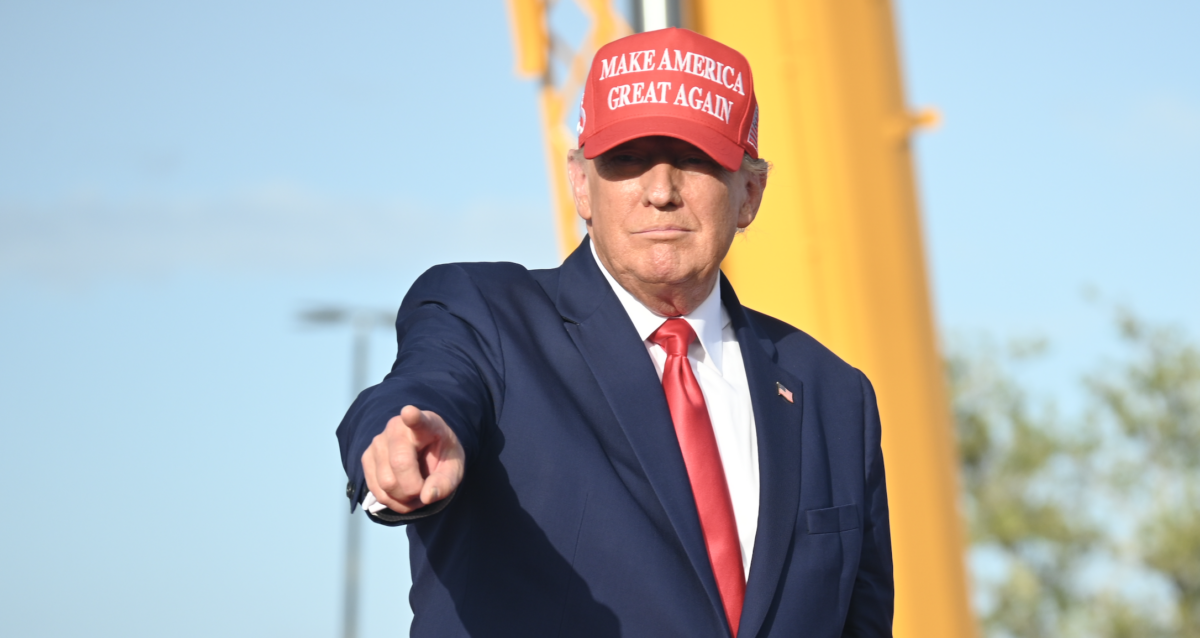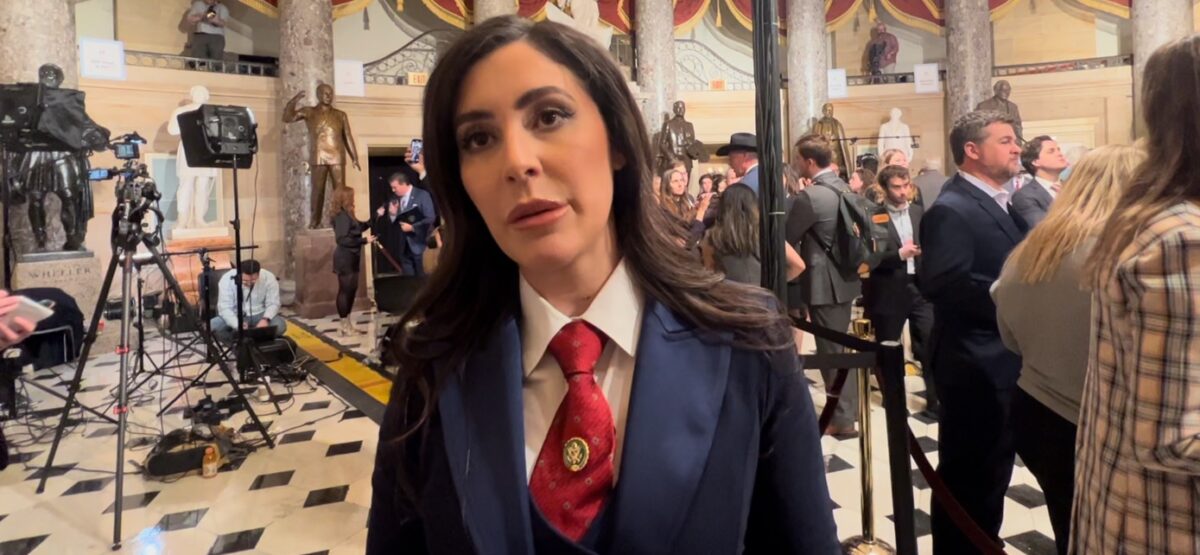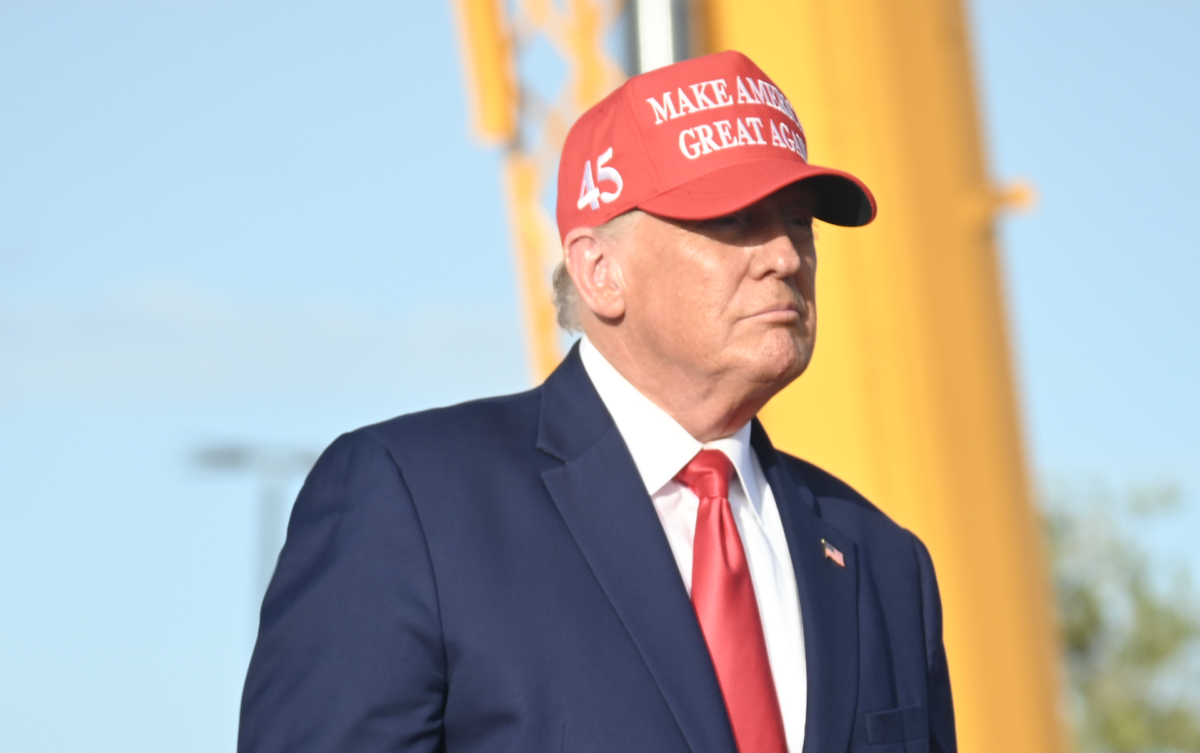Sanctions on foreign individuals and entities are not all-encompassing, as different agencies place their own sanctions. A bill introduced by Representative Mike Waltz (R-FL) last September, which would require the "harmonization" of sanctions, has recently passed the House of Representatives, which he said "ensures that our national security agencies work together, strengthening sanctions and hitting these bad actors where it counts."
The Sanctions Lists Harmonization Act would require federal agencies to communicate with one another regarding implementing new sanctions, although inclusion is not mandatory. If one Department does not follow through on sanctioning an entity other Departments have, the agency must explain why not to Congress.
"Under current law, our federal agencies are not required to communicate when foreign entities are added to sanction lists, which can hamper restrictions on dangerous foreign actors. For example, an entity might be denied an export license by the Department of Commerce but still be allowed to conduct banking transactions through the Department of the Treasury. This legislation ensures that our national security agencies work together, strengthening sanctions and hitting these bad actors where it counts. With this bill now passed in the House, we're taking a critical step toward closing the gaps in our sanctions enforcement. I call on the Senate to quickly take up this bill so that America can more thoroughly enforce the sanctions that we impose," said Rep. Waltz in his press release.
The bill passed just days after Trump-era sanctions on Venezuela allowed for the successful confiscation of a private jet purchased by dictator Nicolas Maduro through a proxy company in South Florida, which Republicans such as Senator Rick Scott (R-FL) praised while deriding the Biden-Harris Administration's conciliatory approach to the South American country.
At the same time, the Biden-Harris Administration introduced sanctions against Israel for supporting supposed "extremist violence" in the West Bank, which was condemned by Senator Marco Rubio (R-FL).
"Israel has a functioning judicial system that is fully capable of prosecuting crimes committed within its borders. Instead of allowing Israel to carry out their duty to investigate and prosecute any alleged crimes, this administration continues to insert itself in what many could only surmise as appeasing the progressives in the party," said Sen. Rubio.











